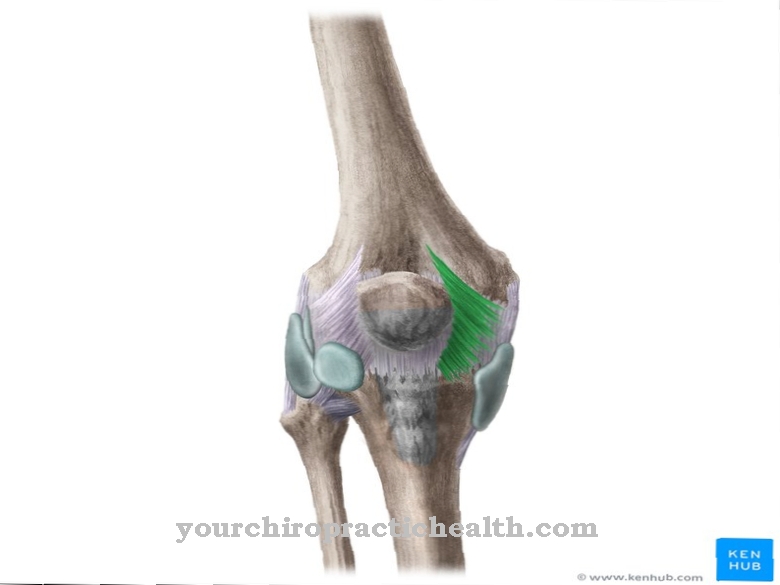Rapeseed Today is one of the oil crops that are most widely grown in the world. However, rapeseed oil has only been so healthy since the plants were modified by breeding in such a way that the toxins it contained in the past no longer occur in the rapeseed grown today.
What you should know about rapeseed

In terms of human nutrition, rapeseed is only of interest as an oil crop. The other components of rapeseed are also used, but only in the form of biodiesel as fuel or as fodder.
The valuable rapeseed oil, however, has been gaining in importance recently due to its particularly healthy composition and is in the process of replacing other popular oils more and more on the popularity scale.
Rapeseed oil is nowadays added to many types of margarine because it is so healthy, because the healthy ingredients ensure that margarine has a higher value for human health. The same goes for many other products that are high in oil. Mayonnaise and salad creams now consist of a large percentage exclusively of rapeseed oil. French fries for the oven, potato chips and many other pre-fried foods now only contain rapeseed oil or a high proportion of rapeseed oil.
Even butter is now often mixed with rapeseed oil, which not only makes it more spreadable, but also healthier.
It is therefore no wonder that more and more blooming rapeseed fields can be found in spring and it is a blessing that breeding has succeeded in ridding the rapeseed, which is grown for the food industry, of its toxins. In 2008, more than a million hectares of arable land in Germany were used exclusively for rape cultivation. It was mainly about so-called 00-rapeseed, partly also 0-rapeseed, i.e. varieties that are particularly beneficial to health.
By the way, rapeseed is related to turnips, which are a subspecies of rapeseed.
Importance to health
Rapeseed oil is particularly rich in monounsaturated fatty acids and contains over 60% of them. For this reason, the regular consumption of rapeseed oil ensures that the LDL cholesterol level in the blood is lowered. This is good for the heart and circulation.
There is also no other oil that is as low in unhealthy saturated fat as canola oil.
The particularly high proportion of omega-3 fatty acids in rapeseed oil is also becoming increasingly important. Omega-3 fatty acids are not only important for the brain, but also for a well-functioning immune system. Anyone who frequently uses rapeseed oil, making sure that it is cold-pressed rapeseed oil, because all essential fatty acids, including omega-3 fatty acids, are destroyed by heat, thus preventing all cardiovascular diseases, Overreactions of the immune system such as allergies and blood clotting disorders, type 2 diabetes and insulin resistance. Of course, oil is not low in calories, but that is not a problem with rapeseed oil, because as little as 10 g of cold-pressed rapeseed oil (approx. A tablespoon full) is enough to cover a person's need for omega-3 fatty acids.
The vitamin E content in rapeseed oil also prevents hardening of the arteries.
Ingredients & nutritional values
It depends on whether extracted or cold-pressed rapeseed oil is used. Due to the high heat during extraction, many of the healthy ingredients of this particularly cheap rapeseed oil are lost. However, this oil is well suited if it is heated anyway, namely for frying, baking, boiling and stewing.
The following ingredients refer to cold-pressed rapeseed oil, which is best used in salads and other dishes that are not heated.
Cold-pressed rapeseed oil consists of 51 to 70% as oleic acid, 15 to 30% linoleic acid (omega-6 fatty acid), and 5 to 14% linolenic acid (omega-3 fatty acid). Of these fatty acids just mentioned, 6% are saturated fatty acids, 66% are monounsaturated fatty acids and 27% are polyunsaturated fatty acids. In addition, 100 g of rapeseed oil contain 30 mg of vitamin E as well as the carotenoid lutein, which has an antioxidant effect and should also be mentioned. Since it is an oil, 100 g of rapeseed oil also contains 900 kcal.
Intolerances & allergies
As with all foods, rapeseed oil can occasionally cause an allergic reaction. However, rapeseed oil is not one of the foods that cause intolerance or allergies disproportionately and is therefore relatively safe to use in the kitchen. Should the suspicion arise that it is the rapeseed oil used that is triggering an allergic reaction, a doctor specializing in allergies can easily find out by carrying out appropriate tests.
Over-the-counter vitamins and dietary supplements
Get information here:
Shopping and kitchen tips
When you buy rapeseed oil, most supermarkets offer a wide range of different offers. In general, cold-pressed rapeseed oil is always preferable to the refined varieties, because many of the valuable ingredients, especially the essential fatty acids, are largely destroyed by refining.
Since cold-pressed rapeseed oil is also heat-stable between 130 and 190 degrees, it is partly also suitable for warm meals. If you want to deep-fry or fry with it, you can also use refined rapeseed oil, which is always cheaper, because at these temperatures the good ingredients of cold-pressed rapeseed oil are destroyed.
Unlike olive oil, which solidifies when it is too cold, rapeseed oil can also be stored well in the refrigerator.
When shopping, it is advisable to make sure that the rapeseed oil you buy has received a DLG seal with a good rating, because there are of course differences in quality, as with all foods. It doesn't always have to be the most expensive product that has the best quality. Even cheap discounters often offer good rapeseed oils.
Dark glass such as green or brown protect the sensitive oil from the effects of light, because light can also attack the ingredients of an oil.
It is also highly recommended that rapeseed oil is tasteless and therefore, unlike some other good oils, the taste of the food prepared with it is not changed.
Preparation tips
If you look after your health, you should use around a tablespoon of cold-pressed rapeseed oil in the kitchen every day. It can be used very well for the preparation of raw vegetable salads. If it is added to warm vegetables, the good ingredients are largely retained, especially if the rapeseed oil is only added to the vegetables at the end, when the stove has already been switched off.
In this way, the essential fatty acids and vitamins are not destroyed. Rapeseed oil is also suitable for marinating meat and for baking. If it is used for roasting or braising, it is advisable to keep the cooking time as short as possible, then not all of the good ingredients will be destroyed.

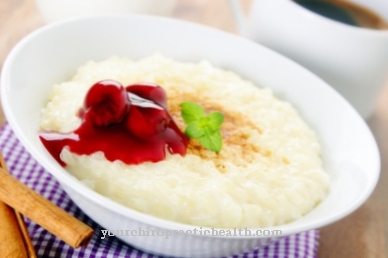
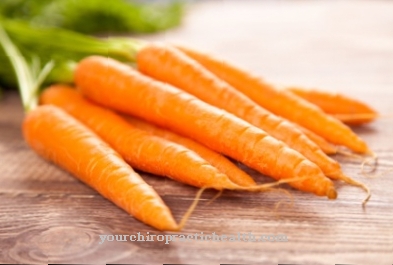
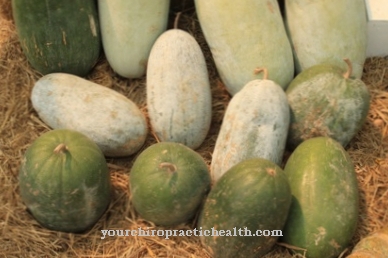
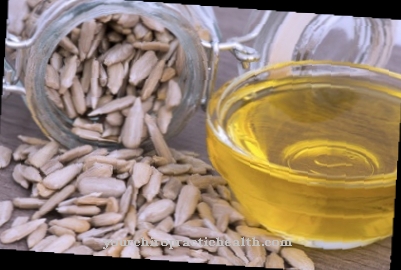
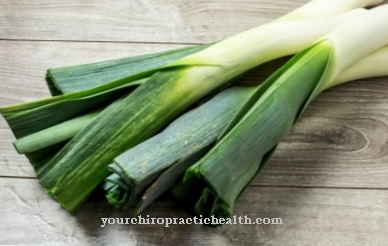
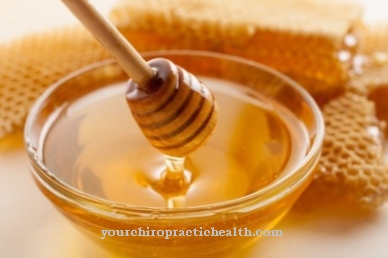


.jpg)



.jpg)


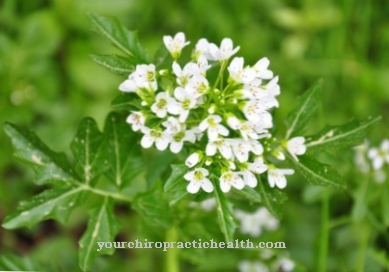
.jpg)







.jpg)
